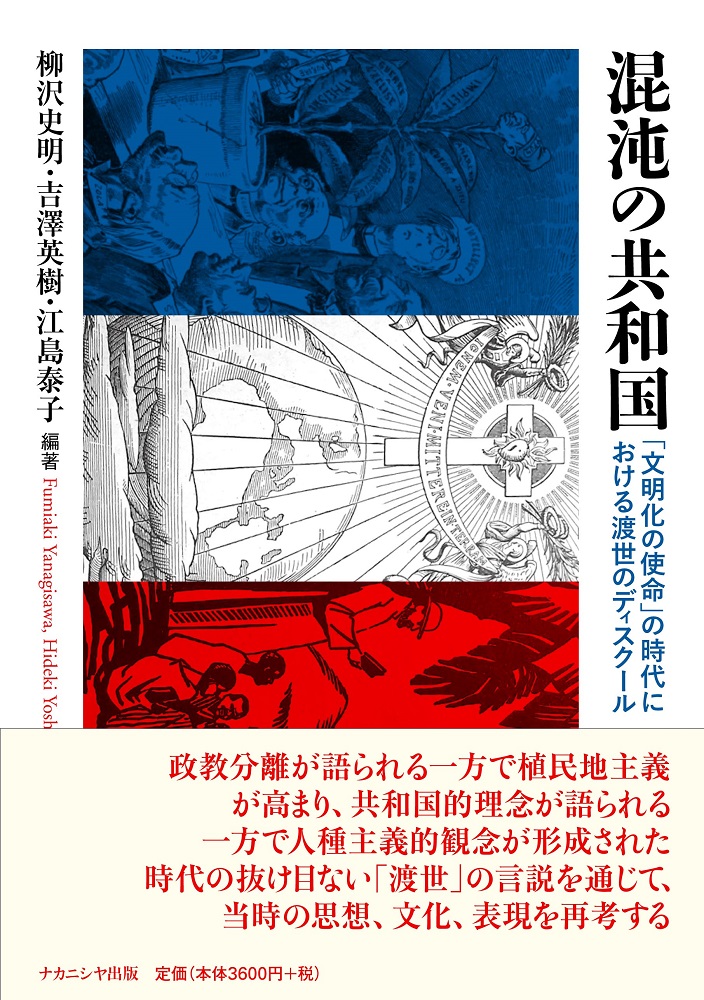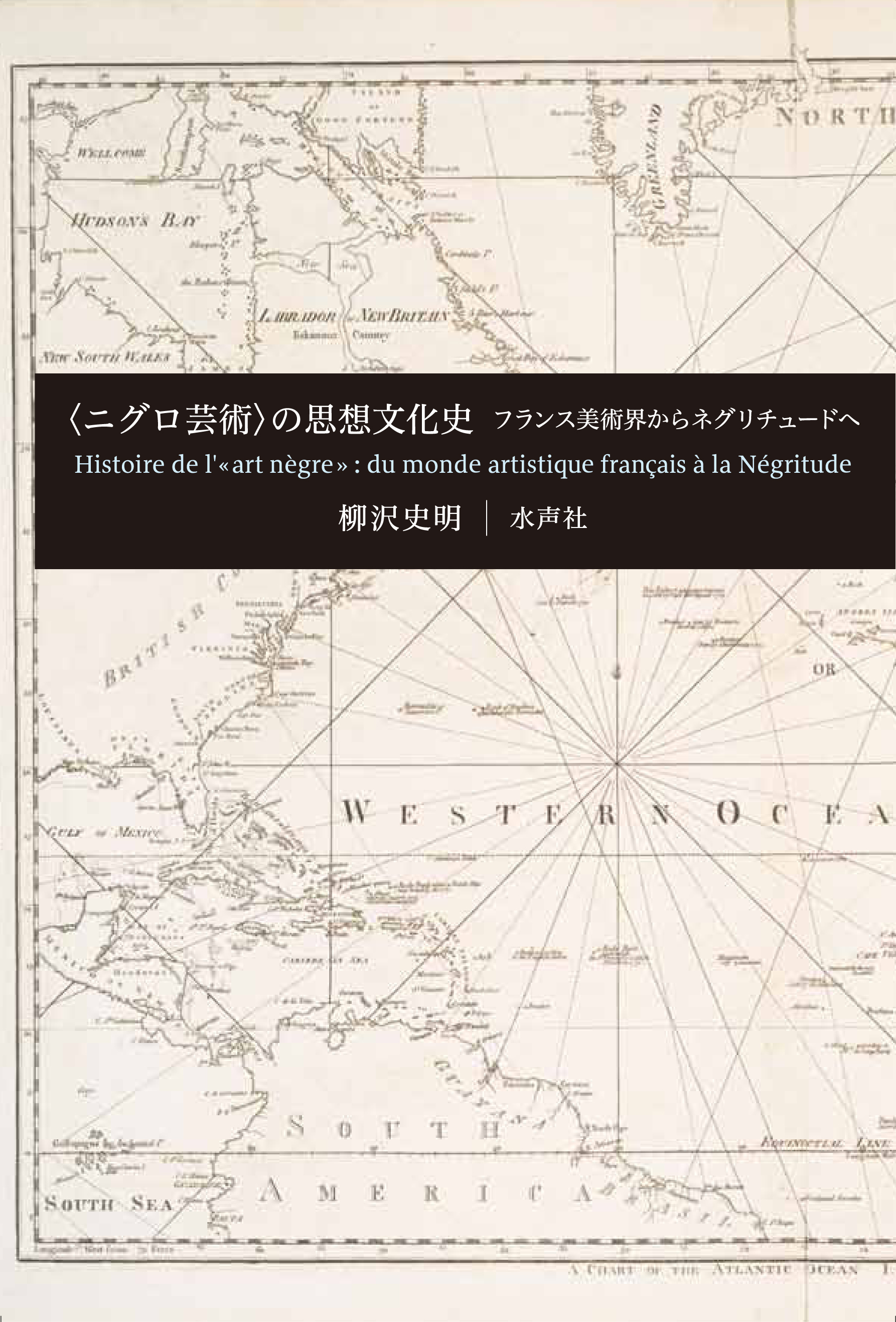
Title
Konton no Kyowakoku (The Republic of Chaos - Discourse on living in the era of the "Mission to civilize")
Size
290 pages, A5 format
Language
Japanese
Released
March 20, 2019
ISBN
9784779513664
Published by
NAKANISHIYA Shuppan
Book Info
See Book Availability at Library
Japanese Page
Although they are typically considered personal, one's public face and true intentions—their philosophy and practice—are sometimes inconsistent. Even as people attempt to develop a philosophy, they may be confused by its inconsistency with reality and respond out of self-preservation. This situation may be forcibly "improved" in some cases by repairing reality and reinterpreting one's philosophy and public face; that is, words and deeds may be chosen as the need requires or in order to achieve certain goals in a given situation. This is how the "discourse on living" is knitted together for oneself and for others. At the individual level, being bathed in the brazen glare of one's surroundings may settle matters, but the adaptation of "noble" ideas without adequate investigation into cultural, social, and economic differences is necessary in the name of other people, the public, and even the country. Thus, conflict among others arises, and inconsistency between reality and the scene in question emerges as their alignment becomes increasingly difficult. Virtuous principles such as "humanity," "equality," and "civilization" have also given rise to many inconsistencies, conflicts, and tragedies in circumstances that they have been called for specifically (though they are still demanded now), and a "discourse on living" has been woven to address these problems.
This book focuses on France and Francophone African regions in the late-19th and early-20th centuries; it provides an in-depth investigation into the internal mechanisms of the "discourse on living" that comprised the Colonial Republic by drawing on literary works and examples of social, cultural, and artistic theories. The philosophy and reality addressed in this book may be cited as the philosophy of republics ("equality," "human rights," etc.), which has been strengthened by the French Revolution and French colonization in Africa and other regions under "the mission to civilize." Colonial rule premised on people and racism was taken for granted while respect for people, human rights, and the equality of humanity and peer relationships among citizens was preached; by distinguishing between French citizens and the "subjects" of colonial territories, this contradiction between philosophy and reality can be said to have been addressed in a self-serving and cunning manner. However, more inconsistencies between philosophy and reality are addressed in this book. Another characteristic inconsistency is that which emerges between the doctrine of separation of politics and religion within a country and the actual state of relationships between the political and the religious under colonial rule. Even as Christianity was excluded from domestic policy and the secularization of public spaces was promoted, missionary activity in colonial regions was protected and supported by the government as promoting "civilization." The missionaries emphasized their contribution to "civilization" through Christian missions, such as those in which African people who had once produced "idols" and "fetishes" began to produce "Christian art," responding in this way to inconsistencies in order to justify their own positions.
Writers, thinkers, administrative officers, missionaries, and, sometimes, colonized people altered their behaviors on the basis of their philosophies in a situation-dependent manner to protect their respective positions and adapt to the trends of the times and the sometimes lived life in a makeshift manner. The crux of this book is that the discussion addressed here extends beyond France and the French colonies and can be found in various regions throughout the world today. The "discourse on living" found in each of these regions and times requires further analysis.
(Written by YANAGISAWA Fumiaki, Assistant Professor, Graduate School of Humanities and Sociology / 2019)



 Find a book
Find a book


